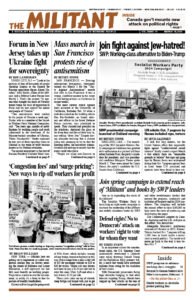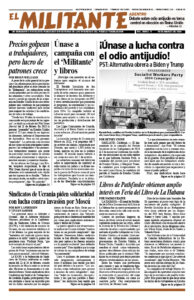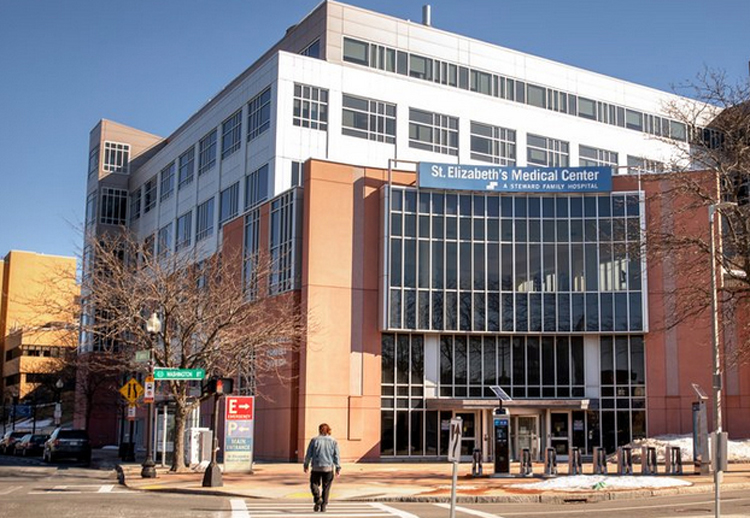The joy felt by Sungida Rashid and her husband, Nabil Haque, a couple who had just become new parents, was short-lived. Within hours of giving birth to a daughter at Boston’s St. Elizabeth’s Medical Center last October, Rashid began bleeding.
That’s when they found out that a medical device that could have saved her life was no longer available at the hospital. It had been repossessed by its manufacturer weeks earlier after it wasn’t paid by the hospital’s owners, Steward Health Care. Rashid was rushed to another hospital but died hours later.
St. Elizabeth’s is one of 33 hospitals owned by Steward, the largest private, for-profit hospital system in the country. While not paying the bills, Steward’s owners paid themselves millions in dividends. Ralph de la Torre, its CEO, acquired a 190-foot yacht estimated to be worth $40 million.
Across the U.S., profit-driven private equity outfits are snapping up hospitals, dental clinics, nursing homes, hospices and other medical facilities, looking to make a quick profit by taking out loans and mortgages while cutting staff, selling off equipment, leaving a trail of unpaid bills and often shutting down or selling off the facilities once they are stripped. In 2021 for-profit firms like Steward spent $206 billion to acquire more than 1,400 health care facilities.
Angela Neopolitano, an emergency room nurse for more than 40 years at Delaware County Memorial Hospital in Upper Darby, Pennsylvania, told CBS News what happened after Prospect Medical Holdings bought her hospital in 2022.
“They kept on cutting services,” Neopolitano said. First the maternity ward was shut down, then the operating rooms and the intensive care unit, and finally the emergency room. “Things wouldn’t get fixed,” she said. “Our elevator in the back of the emergency room had been broken for over a year.”
At one point, she said, the credit cards used by paramedics to fill their ambulances with fuel were disabled because Prospect Medical “didn’t pay their bill.” The hospital was closed down a few months later when Pennsylvania’s health department ruled the facility was inadequately staffed.
Prospect has become a poster child for the private equity industry. Another example is in Connecticut, where the company bought up two hospitals, then took out a $1.12 billion mortgage and used $457 million of that to pay generous dividends to investors and big bonuses for their officers. Prospect CEO Sam Lee got $128 million. They put virtually nothing into the hospitals, except greatly increasing their debts, putting them in dire financial straits.
During the COVID pandemic some 170,000 men and women — no longer working and making a profit for the bosses — died in nursing homes, locked away from their families and last on the list for life-saving respirators and other equipment. Death rates were highest at for-profit nursing homes.
Children don’t fare much better. Two-year-old Zion Gastelum died in 2017, days after dentists at the Kool Smiles dental clinic in Yuma, Arizona, performed root-canal surgeries and put crowns on six of his baby teeth. The clinic’s practice of maximizing profits by subjecting kids enrolled in Medicaid to unneeded treatment led to Zion’s death from brain damage after he was hooked up to oxygen tanks that were either empty or broken.


